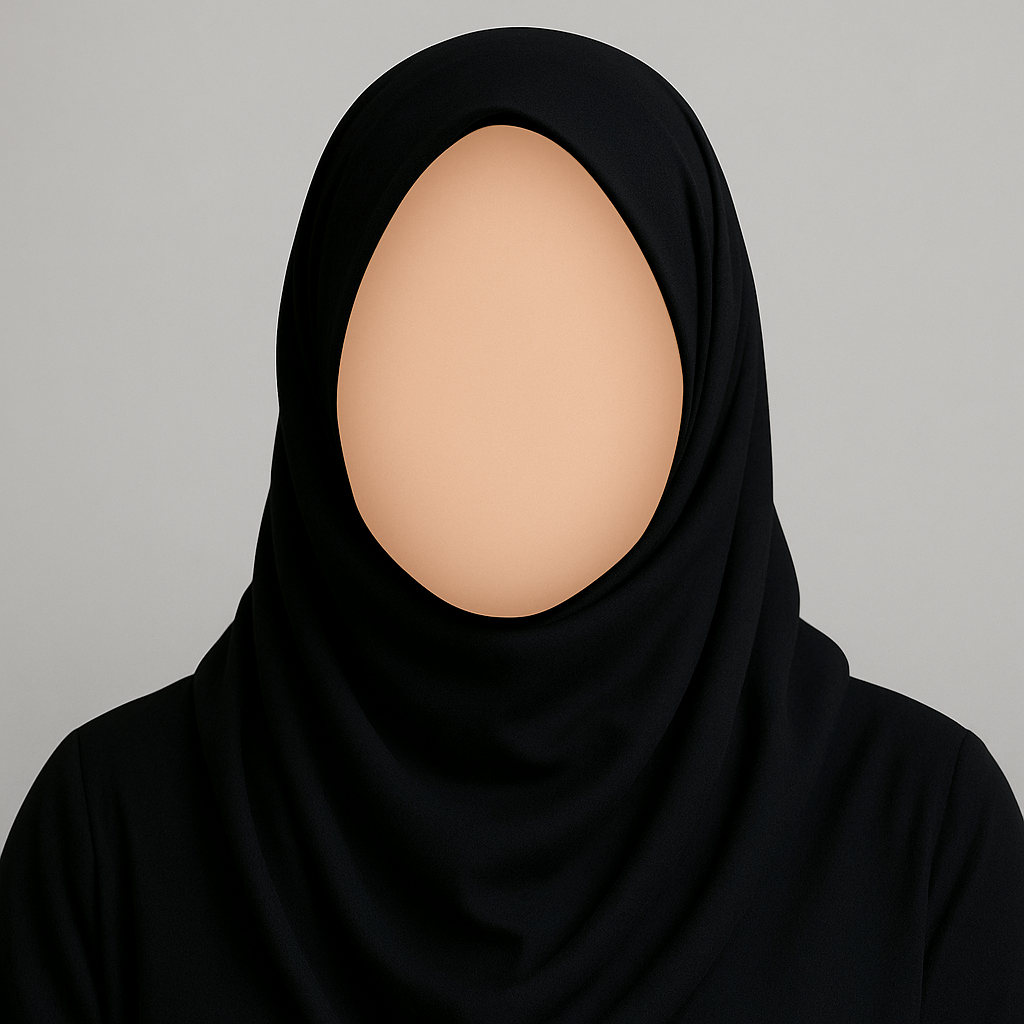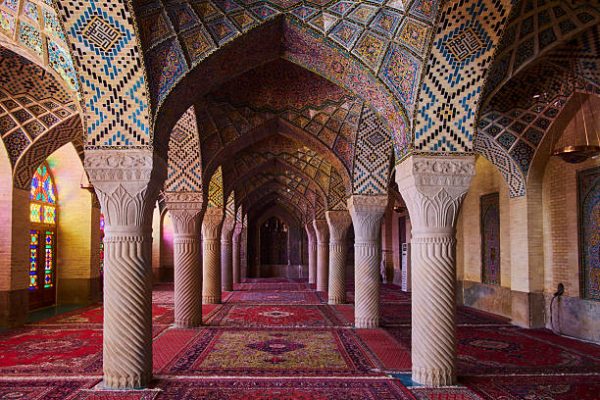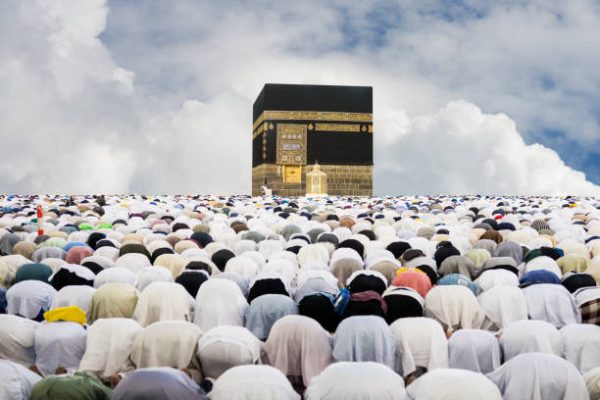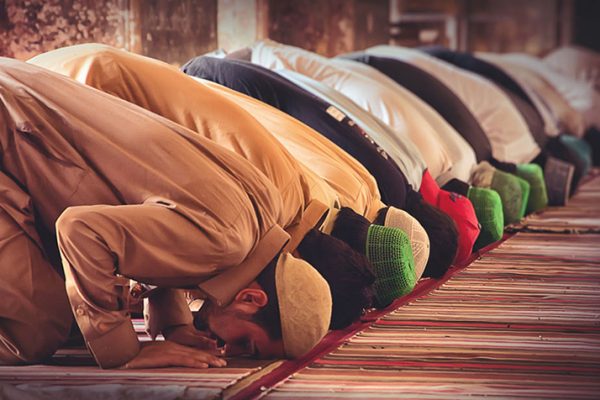
SEEK A BALANCE!
In the Name of Allāh.
Excellently, Islām emphasizes the importance of both ‘Ibādah (worship) and working to lawfully enjoy life, thereby teaching us that these two aspects of life are interconnected, and one should not be neglected while pursuing the other.
Allāh calls our attention to this issue saying:
فَإِذَا قُضِيَتِ الصَّلَاةُ فَانتَشِرُوا فِي الْأَرْضِ وَابْتَغُوا مِن فَضْلِ اللَّهِ وَاذْكُرُوا اللَّهَ كَثِيرًا لَّعَلَّكُمْ تُفْلِحُونَ
“Then when the (Jumu’ah) …





